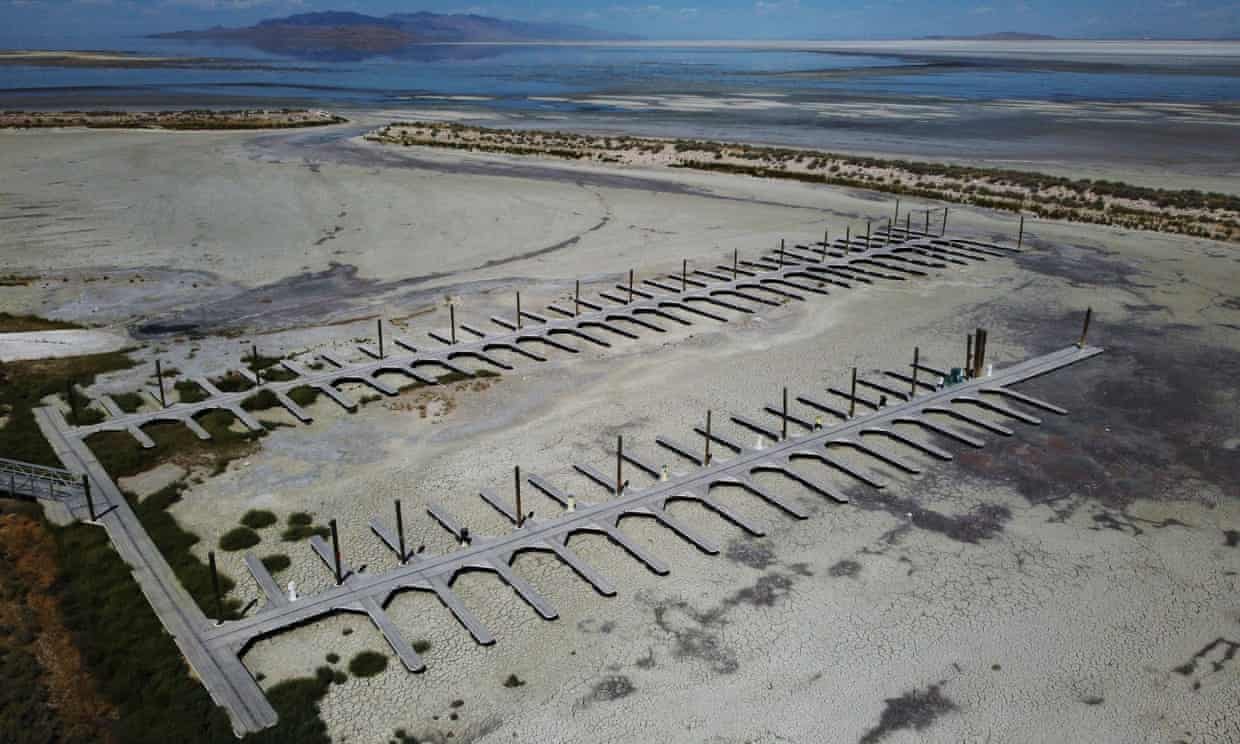Canada's 2023 wildfire season was the most destructive ever recorded, with 6,551 fires scorching nearly 71,000 square miles of land from the West Coast to the Atlantic provinces, according to the Canadian Interagency Forest Fire Center. It wasn't just remarkable for its destruction, however, but also for the fact that it never really seemed to end.
It's the middle of the winter, and there are still 149 active wildfires burning across Canada, including 92 in British Columbia, 56 in the western province of Alberta, and one in New Brunswick, according to the CIFFC, which classifies two of the blazes as out of control.
"Zombie fires," also called overwintering fires, burn slowly below the surface during the cold months. Experts say zombie fires have become more common as climate change warms the atmosphere, and they are currently smoldering at an alarming rate in both British Columbia and Alberta.

 Environmental News Archive
Environmental News Archive



 An Israeli private investigator who orchestrated a global hacking operation that targeted American climate activists and foundations was sentenced in federal court to nearly seven years in prison after pleading guilty.
An Israeli private investigator who orchestrated a global hacking operation that targeted American climate activists and foundations was sentenced in federal court to nearly seven years in prison after pleading guilty.
 Environmental and community groups have sued
Environmental and community groups have sued  It’s been a strange, cruel summer in the United States. From the dystopian orange skies above New York to the deadly immolation of a historic coastal town in Hawaii, the waning summer has been a stark demonstration of the escalating climate crisis – with experts warning that worse is to come.
It’s been a strange, cruel summer in the United States. From the dystopian orange skies above New York to the deadly immolation of a historic coastal town in Hawaii, the waning summer has been a stark demonstration of the escalating climate crisis – with experts warning that worse is to come.

 South Korean opposition lawmakers sharply criticized the head of the United Nations' nuclear watchdog on Sunday for its approval of Japanese plans to release treated wastewater from the damaged Fukushima nuclear power plant.
South Korean opposition lawmakers sharply criticized the head of the United Nations' nuclear watchdog on Sunday for its approval of Japanese plans to release treated wastewater from the damaged Fukushima nuclear power plant.































